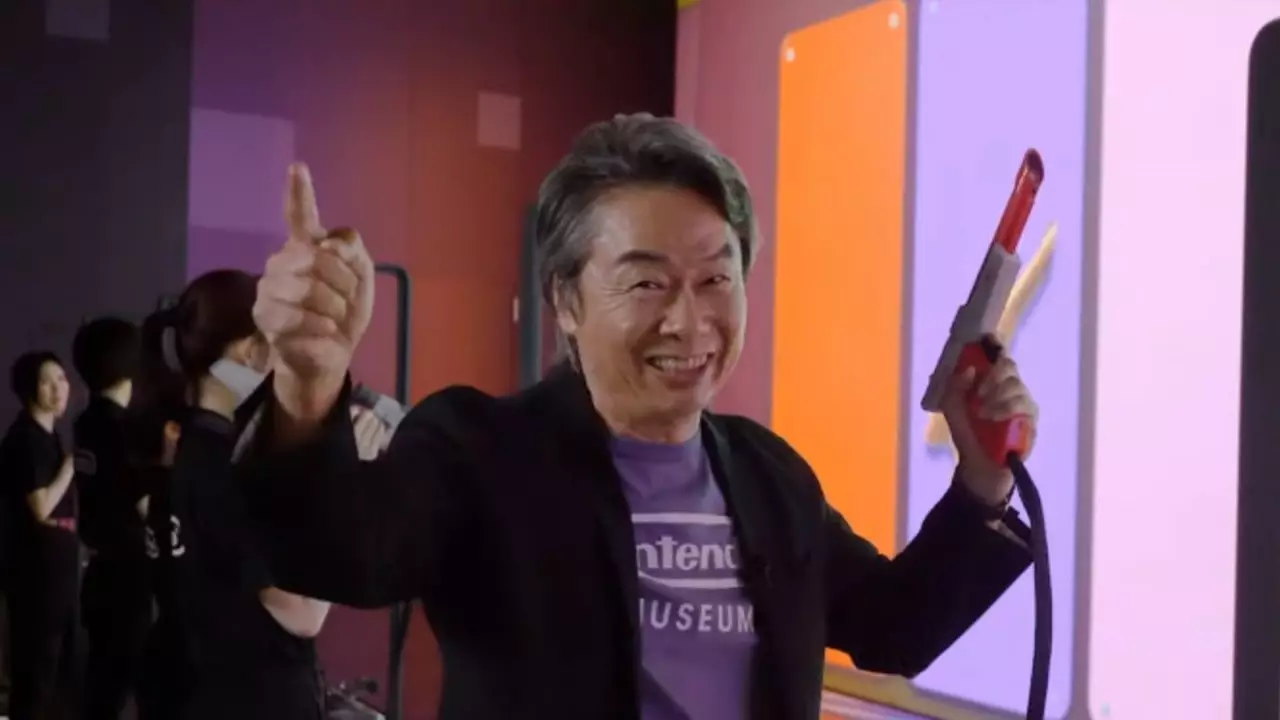In recent times, significant concerns have arisen regarding how international visitors interact with cultural landmarks in Japan, specifically at Nintendo’s museum. A report by ‘Nintendo Every’, as highlighted by Twisted Voxel, revealed an unsettling trend of tourists flouting ‘no photography’ signs in designated areas of the museum. This has sparked heated discussions around the behavior of visitors and its implications for both the institution and cultural preservation.
Social media plays a monumental role in shaping perceptions and behaviors regarding cultural experiences. The viral spread of images from restricted areas has fueled a burgeoning culture of sharing that often disregards established rules. In one notable instance, a post showcasing hardware prototypes garnered thousands of likes, seemingly celebrating the disregard for museum decorum. This raises crucial questions: Are the benefits of social engagement overshadowing the need to maintain order and respect within cultural spaces?
Tourism’s Double-Edged Sword
While tourism is a cornerstone for Japan’s economy, contributing significantly to its vibrancy and global appeal, it also presents complex challenges. The influx of visitors has led to not only an increase in revenue but also notable instances of cultural insensitivity. Reports of tourists disregarding local customs and regulations have surged, creating a sense of unease among both residents and business owners alike. As the nation grapples with these challenges, one must consider whether stricter guidelines may become necessary to preserve the integrity of Japan’s cultural institutions.
The Stakes for Cultural Institutions
The repercussions of this behavior extend beyond embarrassment; they pose real risks to the operation of museums and similar attractions. Imagine a scenario where guidelines become more stringent due to repeated infractions, ultimately diminishing the visitor experience. The recent incident involving a visitor unplugging a Super Nintendo controller further amplifies these concerns, illustrating a lack of respect for the exhibition and its purpose. As organizations navigate the intersection of cultural preservation and public engagement, clear communication of rules becomes imperative.
Balancing Act: Culture and Connectivity
As we navigate the complexities of modern tourism, cultural entities must strike a delicate balance between embracing connectivity and enforcing regulations. The recent launch of Nintendo’s new Switch Online playtest serves as an example. The organizers requested participants refrain from sharing content, only to witness immediate violations as individuals streamed and uploaded footage openly online. This phenomenon suggests that, in an age where information travels instantaneously, policing visitor behavior poses a daunting challenge.
For tourists eager to experience the rich cultural tapestry that Japan offers, an emphasis on respect and understanding is essential. Engaging with exhibits should come with a commitment to adhere to established protocols, fostering a space that honors both the institution and its visitors. Those planning to visit sites like Nintendo’s museum would do well to familiarize themselves with local rules, ensuring that their cultural explorations contribute positively rather than detract from the experience of future visitors.
While tourism can bridge cultures and foster global camaraderie, it must be approached with an earnest appreciation for the spaces we explore. By respecting the boundaries set forth by cultural institutions, we help safeguard the integrity of the experiences we cherish, ensuring they endure for generations to come.


Leave a Reply